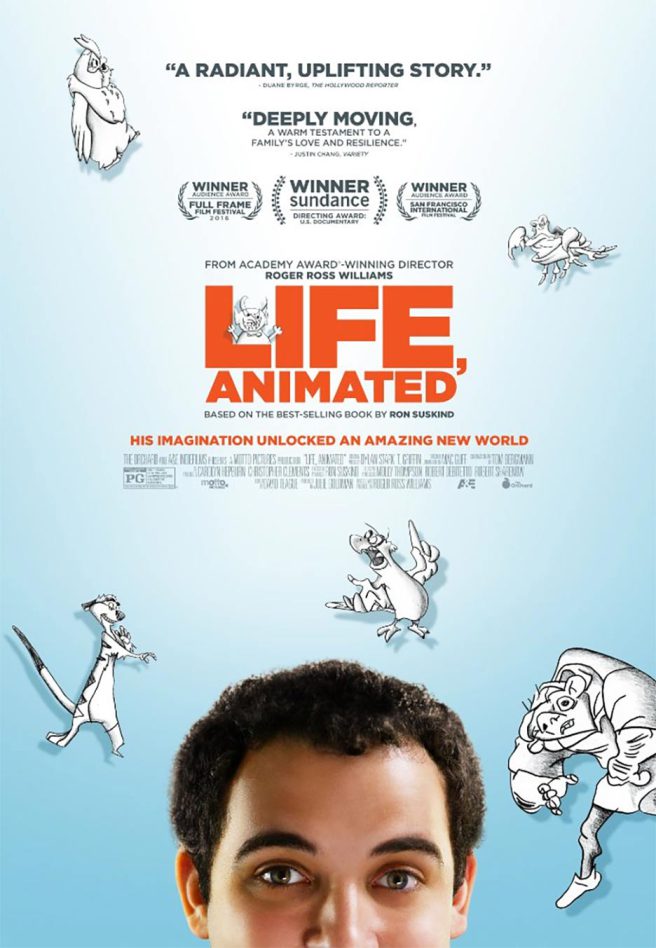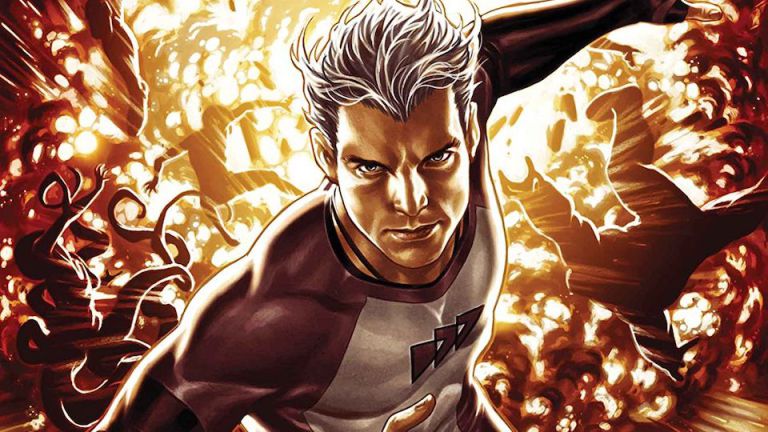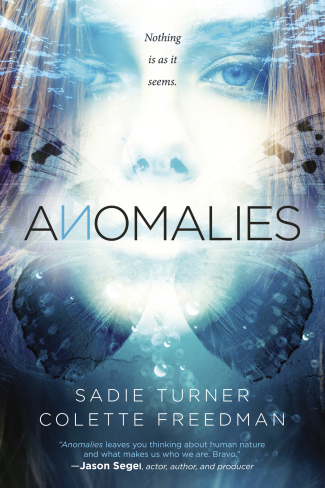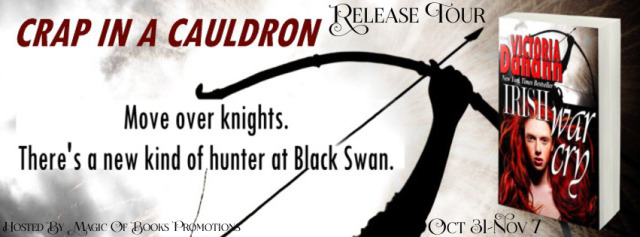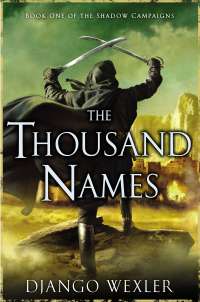Englander, Nathan (2017), Dinner at the Center of the Earth, Knopf
ISBN 9781524732738
 In a tunnel, dug by a Palestinian “tunnel millionaire,” a Palestinian politician and an Israeli ex-spy meet up and have a dinner as the 2014 Gaza War flares up above their heads. Theirs is the Dinner at the Center of the Earth of Nathan Englander’s 2017 novel. It’s a curious, Salman Rushdie-esque moment, not just the dinner, but also the discussion that led to it. This is not the only humorous moment of historical drama in the novel that to me had echoes to Rushdie’s work – and indeed those are some of the novel’s best moments. That said – the book has a lot of good moments. It’s simply a very good book. I may be biased – despite my problems with short stories, I have always enjoyed Englander’s books. I can’t even entirely explain why. I think he hits some of my soft spots very exactly, and I have to say it always comes as a bit of a relief to see that the reading world at large often shares my positive opinion of Englander – because I sometimes truly have difficulties rationalizing my enthusiasm for his prose and plots, as well as his characters and charisma. It’s a bit easier, I think, to explain why I consider Dinner at the Center of the Earth such a good novel. It’s true – it’s a bit uneven at times, but this unevenness is baked into the whole. It’s supposed to be a bit off, to take some reading and rereading to fully gel. When I read the novel for the first time, I wasn’t convinced that this wasn’t a combination of great and awful short stories awkwardly glued together. But what it really is is a masterful writer’s ability to hold several balls in the air at the same time, and make the whole circus act cohere. It does not cohere into a message, or one triumphant final tableau. In fact, the book’s two final scenes, one about a war that starts above ground while two lovers dine underground, and one about a suicide, are two versions of a darkness that few writers can articulate as well as Englander. There is grace and humor to the suicide scene, which is one of the strangest scenes of its kind that I can remember reading recently. And the eponymous dinner – framed in every way like a metaphor for political reconciliation, for hope in a hopeless conflict – ends with two lovers huddled in the darkness, scared, or resigned or both. Many of Englander’s decisions in the novel are a bit unexpected and this is part of what makes the novel such an interesting achievement.
In a tunnel, dug by a Palestinian “tunnel millionaire,” a Palestinian politician and an Israeli ex-spy meet up and have a dinner as the 2014 Gaza War flares up above their heads. Theirs is the Dinner at the Center of the Earth of Nathan Englander’s 2017 novel. It’s a curious, Salman Rushdie-esque moment, not just the dinner, but also the discussion that led to it. This is not the only humorous moment of historical drama in the novel that to me had echoes to Rushdie’s work – and indeed those are some of the novel’s best moments. That said – the book has a lot of good moments. It’s simply a very good book. I may be biased – despite my problems with short stories, I have always enjoyed Englander’s books. I can’t even entirely explain why. I think he hits some of my soft spots very exactly, and I have to say it always comes as a bit of a relief to see that the reading world at large often shares my positive opinion of Englander – because I sometimes truly have difficulties rationalizing my enthusiasm for his prose and plots, as well as his characters and charisma. It’s a bit easier, I think, to explain why I consider Dinner at the Center of the Earth such a good novel. It’s true – it’s a bit uneven at times, but this unevenness is baked into the whole. It’s supposed to be a bit off, to take some reading and rereading to fully gel. When I read the novel for the first time, I wasn’t convinced that this wasn’t a combination of great and awful short stories awkwardly glued together. But what it really is is a masterful writer’s ability to hold several balls in the air at the same time, and make the whole circus act cohere. It does not cohere into a message, or one triumphant final tableau. In fact, the book’s two final scenes, one about a war that starts above ground while two lovers dine underground, and one about a suicide, are two versions of a darkness that few writers can articulate as well as Englander. There is grace and humor to the suicide scene, which is one of the strangest scenes of its kind that I can remember reading recently. And the eponymous dinner – framed in every way like a metaphor for political reconciliation, for hope in a hopeless conflict – ends with two lovers huddled in the darkness, scared, or resigned or both. Many of Englander’s decisions in the novel are a bit unexpected and this is part of what makes the novel such an interesting achievement.
The novel is written in alternating chapters following a spy story, the story of a black site prisoner, the story of a millionnaire and a Palestinian upstart meeting on a lake in Berlin, as well as – and that is surely the most unexpected of all the decisions – a story about Ariel Sharon’s death, which is told from two angles. From the angle of those watching him die, and from within Sharon’s own mind, who had been in a coma for 8 years before he passed. Englander never names Sharon, but he also doesn’t disguise him. His character, “the General,” has Ariel Sharon’s biography, but by eliding his name from the story, Englander allows himself to invent, embellish and adorn the death of Sharon. It turns his death and life into a tale – one with a broader purview than just the complicated life of a complicated man. Englander zooms in and out of realism in the story, and in and out of genres. He doesn’t name Sharon, but when he describes Ehud Olmert’s peace offering, he names Olmert specifically, and describes him clearly and sharply as “the least prime-ministerial person […] with his shadow of a comb-over, and his wiry, runner’s frame, and the exhausted, in-over-hishead, watery eyes.” One assumes this decision is connected to ideas about the narrative of nationhood, about the way acts of violence become part of national myths, and the fabric of the stories we tell each other about our realities. The General is a larger than life person, and he has shaped the fate of his country like few others, from the wars he fought at the beginning of his career to the big steps he took at the end. What’s more, his actions, before he slipped into a coma, felled by a stroke, determine the options that all the other characters of the novel have. If the novel is uneven and complicated, so was Sharon’s life, and the novel demonstrates what some statesmen offer their country, good and bad, and how far and wide these decisions cut. In some sense, the final pages tell us: this is who we are now, and this man, he is part of the reason why. We read Sharon’s thoughts and memories, but it is not living, breathing Sharon that speaks – Englander has animated Sharon on his comatose deathbed for us. The General finds himself in “a kind of sheol, a limbo space” which, before him, was shared by “other Israeli kings.” To leave it, he has to fully launch himself into myth, away from reality, into a place that is both national narrative and personal delusion.
And he is not the only one in this novel. All characters launch themselves in one direction or another. From small movements, like pushing off to sail on a lake, or the thrusting pushes of lovers, to larger thrusts, like the decision to follow one’s conscience, to flee, to kill oneself, to change one’s life in one way or another. As the book’s chapters alternate, so do times and places. Some of the book is set in 2014, some of it in 2002, some in 2003, etc., and that doesn’t even include reminiscences and memories. People and trajectories end up circling around Israel, this resilient little nation in the Middle East. Although Englander includes two central Palestinian characters, he isn’t really interested in them – he is more interested in the complexities of the Israeli experience, the Israeli conscience. There are no “civilians” in the book, really, with one major exception. Mostly, they are spies and politicians – and the General, of course. There is a curious balance that Englander strikes between the General on the one hand – he who doesn’t doubt his duty to his country, and who is willing to do things we might not all be willing to do, in order to, as he sees it, bring peace and security to Israel. On the other side are two spies who doubt their duty, who doubt the necessity of murder in order to achieve balance and peace. It is not, obviously, conducive to their safety, to harbor thoughts and opinions like that. And as there is no easy solution to the geopolitical problems swirling around Israel, there’s similarly no easy solution to Nathan Englander’s excellent novel. This includes the novel’s style of writing. Englander can command with some ease a specific style, a rich, embroidered language that he uses here to tell stories of weight and pathos. He is also incredibly deft with humor, particularly Jewish humor. And a scene written in one style, can often switch to a scene written in the other. And this doesn’t include the stories of espionage in Berlin, Paris and Capri, for which Englander often chooses a looser, slightly flattened language. All of this is incredibly readable. It’s hard to beat Englander for sheer enjoyment. If he wanted, he could write a simple tale of myth and Jewish kitsch, and have the result be utterly adorable and successful. It’s a sign of the author’s talent and – dare I say it, four books into his career?, importance that he built this book into something much larger, and much less obviously pleasing. It’s a book that reckons with a personal and political darkness.
In the novel, the General, Sharon, that is, remembers Ben Gurion telling him, after Sharon committed one of the most infamous massacres attributed to him, that “the world hates us [Jews], and always has. They kill us, and always will. But you, you raise the price,” and exhorts him to not “stop until killing a Jew becomes too expensive. […] You, put here solely to raise the bounty hung on the Jewish head. Make it expensive. Make it a rare and fine delicacy for those with a taste for Jewish blood.” At the end of the book, we hear Hamas’s rockets rain down on Jews, and Israeli retaliation. Looking at the results, we can all calculate the current “price” for ourselves, but clearly, Ben Gurion’s ideas, or Sharon’s memories of them, have not helped. Sharon himself had a change of mind later in his life, a change that is recorded in the novel as well. So what now? The novel has no answer – and sometimes borders on defeatist. But maybe it’s its form, and its language and the urgency of its propositions that are the real solution on offer: it’s us, all of us, and our voice, our art and our thinking that can change things. And kindness and generosity. All of this is contained in Englander’s novel, which gets better with every reread. In his acknowledgements, he mentions cutting this novel from the body of a larger work. I cannot wait to read it.
As always, if you feel like supporting this blog, there is a “Donate” button on the left and this link RIGHT HERE.
